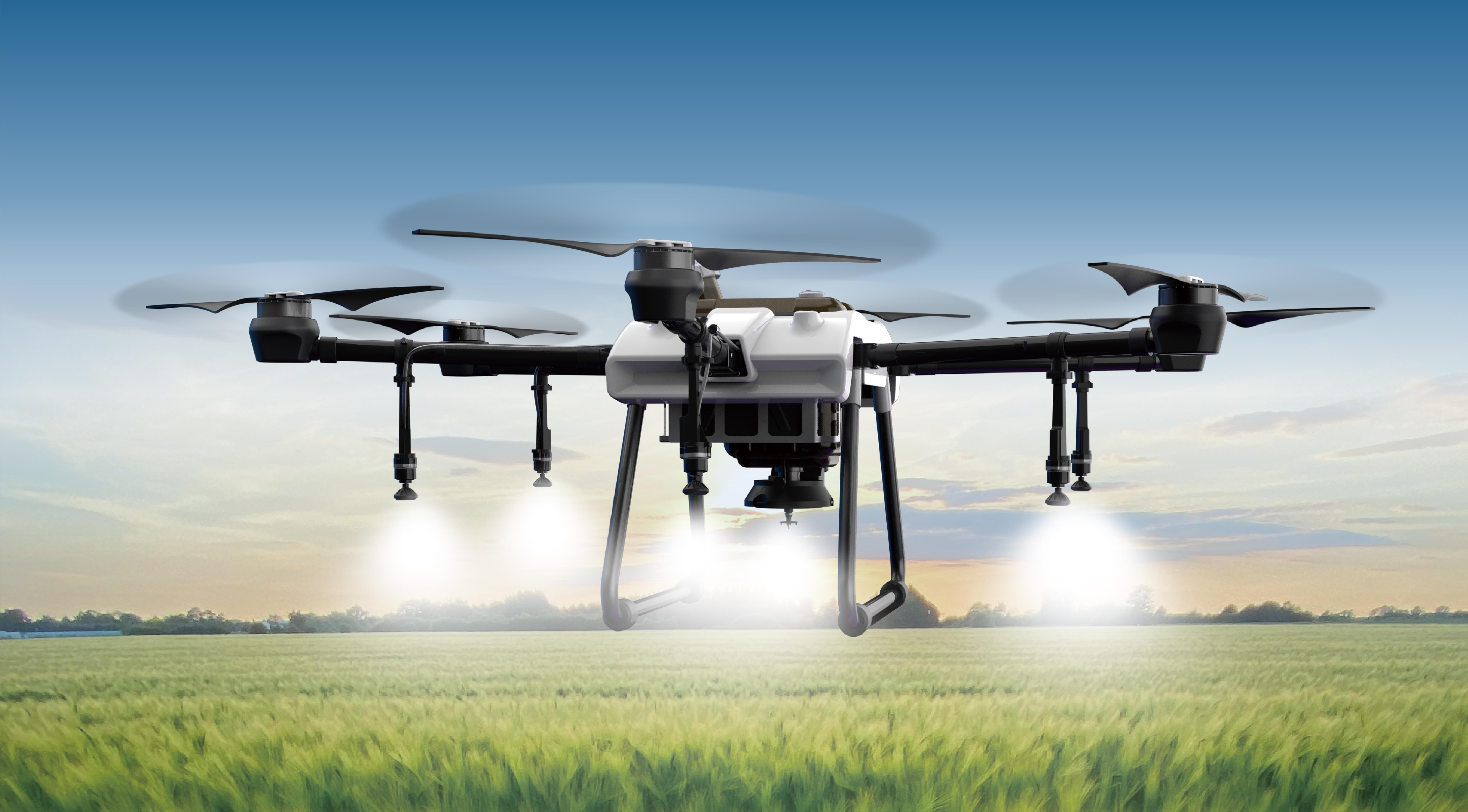When it comes to motion control in automation and robotics, stepper motors and servo motors are often mentioned side by side. But do you know what makes them tick? While both serve similar purposes—turning mechanical components with precision—each has its own strengths and unique applications. Let's dive into the differences between stepper and servo motors, and you’ll see why understanding these two is crucial for making the right choice for your next project.

What’s the Deal with Stepper Motors?
Imagine you're working with a machine that needs to rotate a part in tiny, controlled increments. That's where stepper motors shine. These motors move in precise steps, usually in fixed angles like 1.8 degrees per step. Think of them like a reliable clock, always ticking at the same pace. The more steps, the finer the control.
Stepper motors are often used in 3D printers, CNC machines, and other applications where exact positioning is key. One of the biggest selling points? No feedback system is required. They work well even in simple, open-loop systems where precision is important, but not necessarily a high-speed requirement. If your system needs to run at a slower pace but demands a high level of accuracy, stepper motors are often the way to go.
What About Servo Motors?
Now, let’s talk about servo motors. They are a bit of a step up in terms of performance, combining both speed and precision. A servo motor consists of a motor coupled with a sensor for feedback—this allows it to adjust its position dynamically, maintaining a set position with great accuracy. In short, it’s like having a super-smart motor that adapts to whatever conditions it's facing.
Servos are perfect when you need high torque and efficiency, especially at higher speeds. Whether it's in robotics, conveyor systems, or even electric vehicles, servo motors excel where there's a need for both precise positioning and dynamic control. The feedback loop helps prevent errors and ensures that the motor operates at peak efficiency.
So, Which One Should You Choose?
This question comes up a lot, and it really depends on your needs. Stepper motors are fantastic when you want low cost, simple control, and a high degree of accuracy in low-speed applications. On the other hand, if you're aiming for higher performance, speed, and adaptability, servo motors are your best bet. They come with a higher price tag but often justify that with their superior efficiency and versatility.
Consider the weight and power of the task at hand. For example, let’s say you need to build a system that turns a heavy load with high precision—while a stepper might do the trick at low speeds, a servo would excel if you need both torque and speed.
When Precision is Key
Let’s not forget that the real beauty of stepper motors lies in their ability to deliver consistent movement. They’re perfect when you’re working with smaller systems or applications where every micro-step matters—think camera focus mechanisms or optical equipment. The precise control they offer makes them a go-to for many specialized uses.
But if you’re working with larger, more demanding systems, servo motors are the ones you’ll lean towards. Thanks to their closed-loop control, they continuously adjust, making sure everything stays in line—perfect for tasks that involve fluctuating load demands or constant speed adjustments.
Wrapping It Up
At the end of the day, the right motor comes down to what you’re trying to achieve. Stepper motors are reliable and efficient for precise, low-speed tasks. Servo motors, on the other hand, are high-performing and adaptable, making them the best choice when you need a bit more muscle behind your machine. Make the right pick, and your equipment will thank you for it!
In conclusion, whether you choose a stepper or a servo motor, the key is knowing exactly what your project demands. A stepper motor might just be the simple, effective solution you need, while a servo could provide the performance boost you’ve been looking for. It’s all about matching the motor’s strengths to the task at hand.
Established in 2005, Kpower has been dedicated to a professional compact motion unit manufacturer, headquartered in Dongguan, Guangdong Province, China. Leveraging innovations in modular drive technology, Kpower integrates high-performance motors, precision reducers, and multi-protocol control systems to provide efficient and customized smart drive system solutions. Kpower has delivered professional drive system solutions to over 500 enterprise clients globally with products covering various fields such as Smart Home Systems, Automatic Electronics, Robotics, Precision Agriculture, Drones, and Industrial Automation.




































